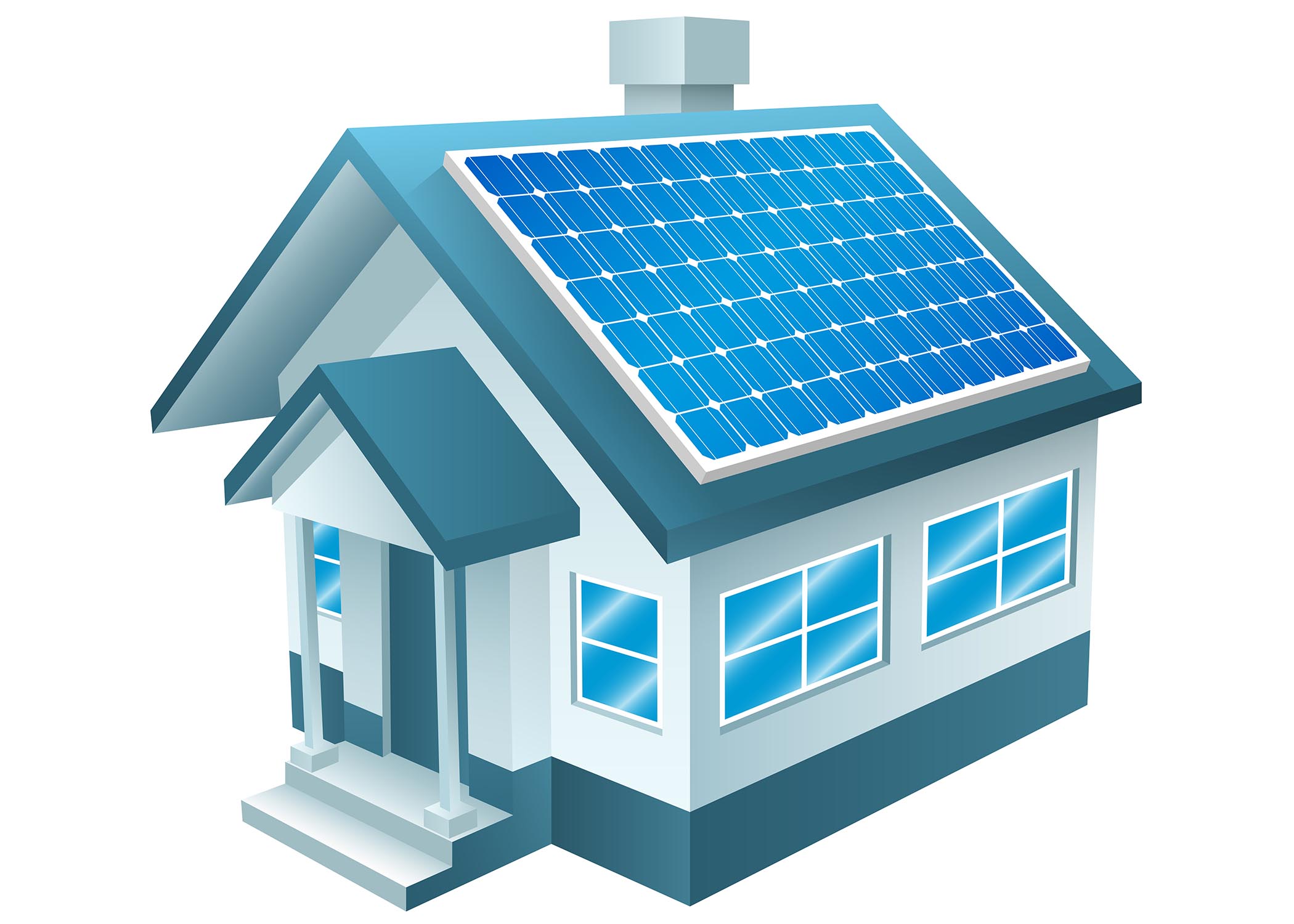If you’re a farmer or rancher, you’ve felt it firsthand . . .
Energy costs these days are bruising.
And unfortunately, they make up a huge portion of your operational bills.
But there’s an exit strategy: going solar.
So, what’s the big deal about solar?
Well, solar power can significantly reduce your electricity costs, pad your bottom line, and give you the holy grail: energy independence.
But footing the bill for solar isn’t always easy.
Cue the USDA.
If you’re considering a renewable energy system for your farm or ranch, USDA’s Rural Energy for America Program (REAP) offers loans to help fund your project.
Let’s check out the key points when you apply for a REAP loan.
What Is the REAP Loan?
Under the OneRD Guarantee Loan Initiative, REAP’s goal is to minimize American energy dependence.
It does this by providing loans and grants to agricultural producers to help finance the purchase or upgrade of a renewable energy system.
With REAP, you can apply for a loan to help finance energy-efficient equipment and systems for agricultural production and processing.
By increasing the supply of renewable energy and decreasing energy demand through renewables, these projects should help lower the overall energy cost for agricultural businesses in the long run.
You can use a loan for the following renewable energy systems:
- Biomass
- Geothermal
- Hydropower
- Hydrogen
- Ocean
- Solar
- Wind
You can also use a loan to buy, construct, and install these energy-efficient improvements:
- High-efficiency HVAC
- Cooling or refrigeration units
- Lighting
- Insulation
- Equipment replacement
- Doors and windows
- Solar, gravity, or electric pumps
- Cooling or refrigeration units
- Diesel to electric irrigation motor conversion
How Much Financial Assistance Is Provided?
Thanks to REAP, you have a few funding options.
These include:
1) Loan guarantees for up to 75% of the total eligible project costs
2) Grants for up to 25% of total eligible costs
3) Combined grant & loan guarantee options up to 75% of total eligible costs
Currently, REAP loans that are approved in Fiscal Year 2021 will receive an 80% guarantee.
Keep in mind that loan guarantee percentages can change each year.
Now, let’s look at some important points about loan guarantees:
- Terms – The lender determines the loan term based on the use of funds, the economic utility of the financed assets and collateral, and the borrower’s ability to repay the loan. Loan terms can last no longer than 40 years.
- Interest Rates – Rates can be either fixed or variable and are confirmed between borrower and lender. Variable rates can be adjusted no more than four times a year.
- Fees – Currently, there’s an initial fee of 1% of the guaranteed fund amount and a retention fee of 0.25% of the outstanding principal balance. Other fees are negotiated between borrower and lender.
- Underwriting Requirements – The lender will conduct a credit evaluation that assesses any financial vulnerability and determines necessary risk mitigation stipulations. The lender is also required to analyze credit factors to ensure loan repayment capability. Factors include capacity, capital, collateral, and character of the borrower.
- Cost – Applicants must provide at least 25% of the entire project cost.
On the other hand, here are essential points about grants:
- Terms of Renewable Energy System Grants – There’s a $2,500 minimum and $500,000 maximum grant term.
- Terms of Energy Efficient Grants – There is a $1,500 minimum and $250,000 maximum.
- Cost – Applicants must provide at least 75% of the project cost.
In addition, both loans and grants have specific requirements:
- The energy-saving projects must hold technical merit and use commercially available technology; proprietary methods are not acceptable.
- An energy audit or assessment is also necessary for energy efficiency projects to determine the actual value and cost-saving benefits.
Who Can Apply for the REAP Loan?
Before beginning the application process for the REAP loan, it’s best to confirm that you’re eligible.
Important criteria include:
1) You must be either an agricultural producer or a small business
2) If you’re an agricultural producer, at least half of your gross income should derive from your agricultural operations
3) If you’re a small business, you must be located in an eligible rural area with 50,000 residents or less
4) You cannot have any outstanding federal taxes, debt, or judgments, and you must not be debarred
5) You must be a citizen of the United States or a legal, permanent US resident, and you must show that loan funds will only be used in the US
How Do You Apply for the REAP Loan?
If you meet all the above criteria for financial assistance through the REAP program, you can apply any time during the year.
Now, for a REAP loan, contact your local office to find out specific state requirements.
And, for a REAP grant, contact your State Rural Development Energy Coordinator to get started.
Because program requirements can change, it’s important to check with your local office or Energy Coordinator on any updates.
If you’re not eligible for the current year, you may qualify for the following.
How Can Renewable Energy Enhance Your Farm or Ranch?
We won’t fool you.
There is one drawback to installing solar on your farm or ranch.
It’s the cost.
But with fantastic financing options, like the REAP loan, an energy-efficient operation is yours to create.
In particular, solar has many pros that make the investment worthwhile:
- Energy Independence & Sustainability – You won’t have to worry about a power outage at your local utility company with solar and solar battery backup. Going this route, your farm can operate during a weather emergency.
- Low Maintenance & High Value – Solar energy systems are easy to maintain because they have minimal moving parts. Also, solar increases the value of your property!
- Increased Savings & Investments – When you go solar, your electric bill will drop and could be eliminated altogether. Moreover, if you opt for a grid-tied solar energy system, you have the potential to earn credits with your local utility provider. Finally, there are federal incentives and tax credits if you purchase a solar energy system.
Live Unbound with Solar!
At Unbound Solar®, we’re experts in solar energy solutions.
Our goal is to empower you to cut your energy bill and keep your hard-earned money in your pocket.
For any questions about solar powering your farm or ranch, contact our team today!



